
How to get URL link on X (Twitter) App


 Electrification makes up 60% of emissions reductions by 2040. This includes decarbonising the grid and replacing fossil fuelled cars and heating systems with electric alternatives.
Electrification makes up 60% of emissions reductions by 2040. This includes decarbonising the grid and replacing fossil fuelled cars and heating systems with electric alternatives. 


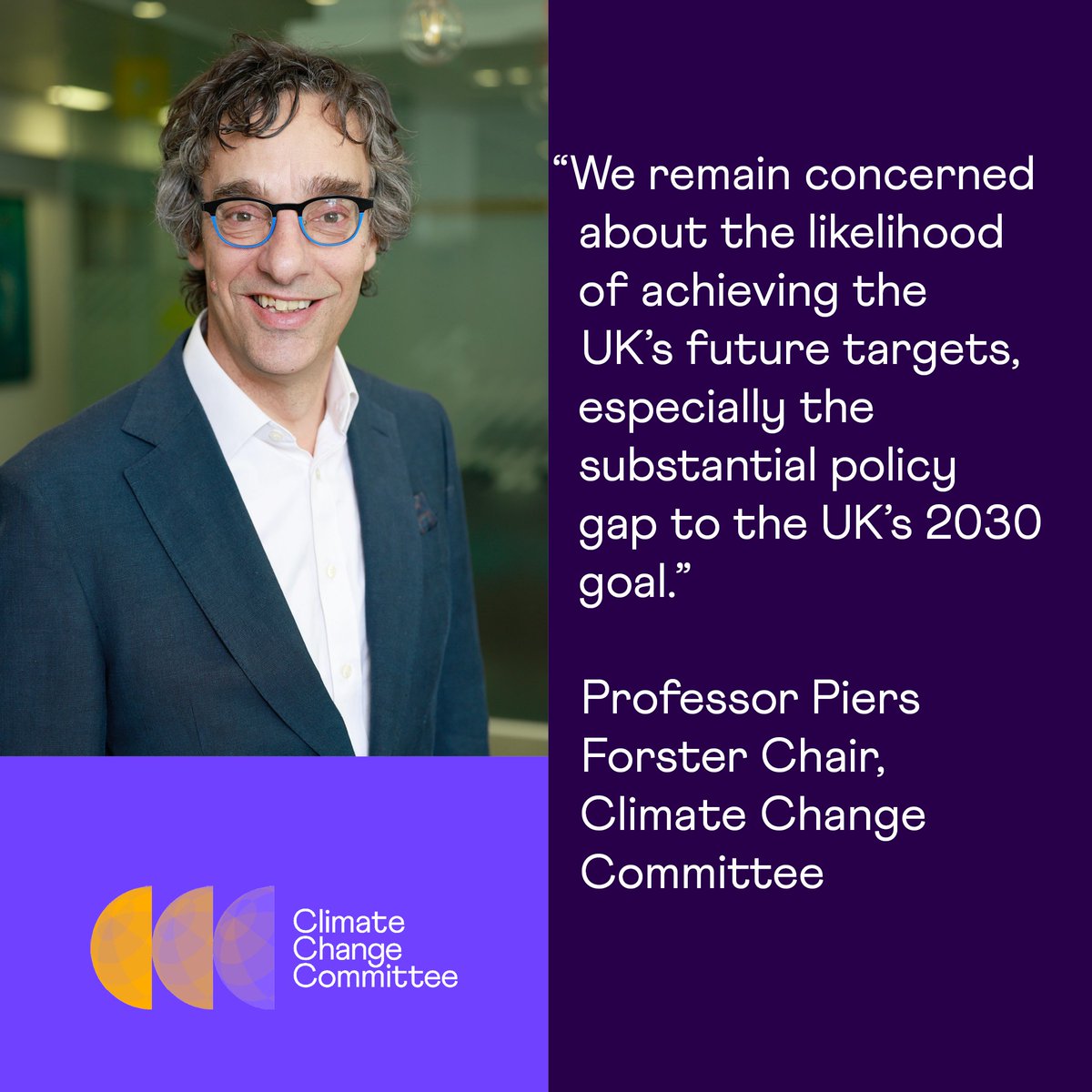
 Tangible policy progress has been made since June. We have seen an increase in the percentage of the required emissions reductions covered by credible plans. Government must look to increase this further and improve consumer confidence in clean technologies. (2/5)
Tangible policy progress has been made since June. We have seen an increase in the percentage of the required emissions reductions covered by credible plans. Government must look to increase this further and improve consumer confidence in clean technologies. (2/5)
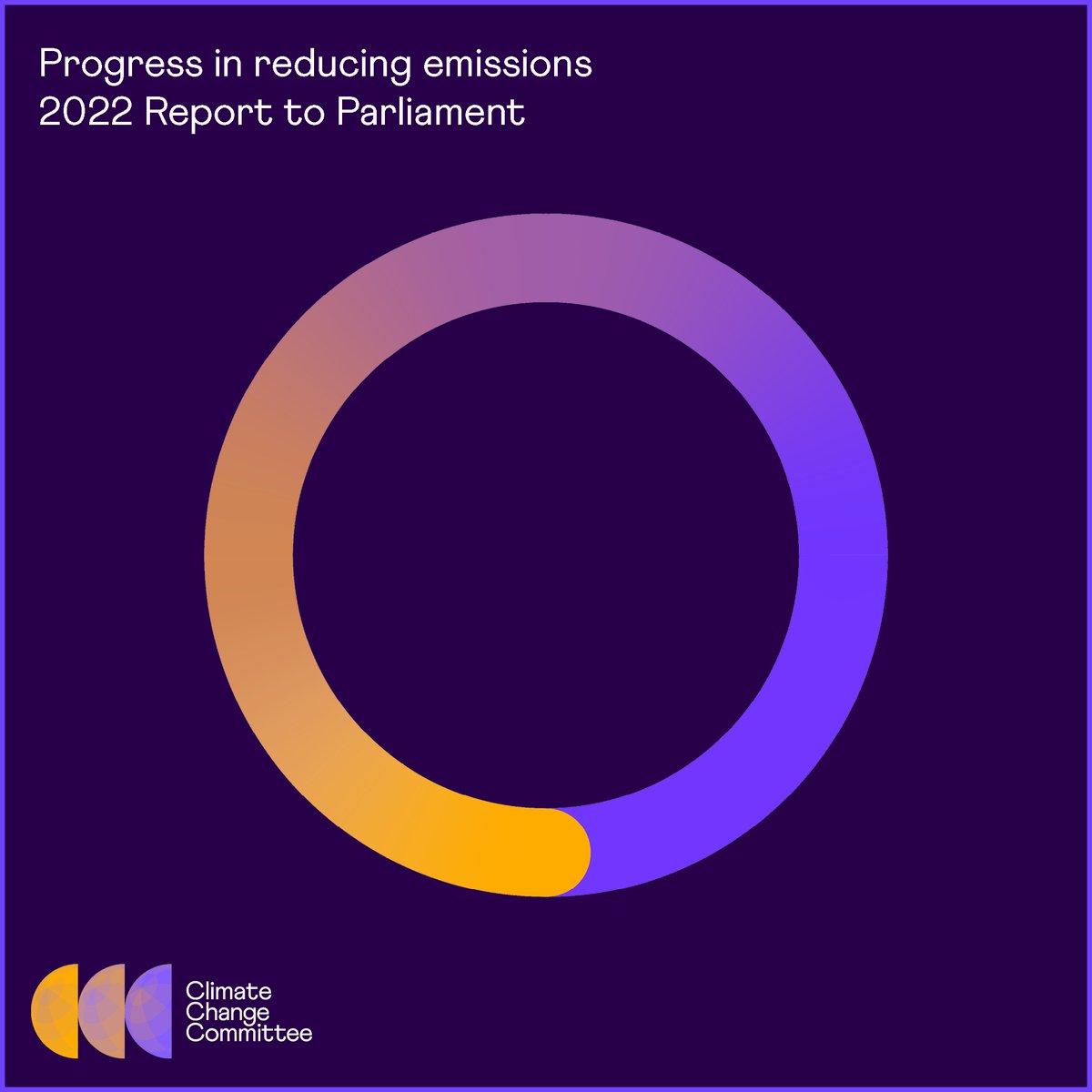
 This report marks a step change for the CCC, as we increase our focus on tangible delivery of Net Zero across the economy. Using our new monitoring framework, we will be tracking progress against the Net Zero Strategy with new indicators against a model of change for each sector.
This report marks a step change for the CCC, as we increase our focus on tangible delivery of Net Zero across the economy. Using our new monitoring framework, we will be tracking progress against the Net Zero Strategy with new indicators against a model of change for each sector. 

 The climate is changing, in the UK and globally, with further warming up to 2050 now largely inevitable. Only by understanding and preparing for the coming changes can the UK prosper: protecting its people, its economy, and its natural environment. (2/10)
The climate is changing, in the UK and globally, with further warming up to 2050 now largely inevitable. Only by understanding and preparing for the coming changes can the UK prosper: protecting its people, its economy, and its natural environment. (2/10) 


 The CCC’s previous work has shown it is possible to reduce land-based emissions of greenhouse gases while contributing to other strategic priorities for land such as climate change adaptation, food production and biodiversity. (2/11)
The CCC’s previous work has shown it is possible to reduce land-based emissions of greenhouse gases while contributing to other strategic priorities for land such as climate change adaptation, food production and biodiversity. (2/11) 

 [2/11] Scotland reduced its emissions by 3% in 2017, mainly due to the power sector. Increasing low-carbon generation will be crucial to enable other sectors of the economy to decarbonise, but there is now very little scope to reduce direct emissions from electricity generation.
[2/11] Scotland reduced its emissions by 3% in 2017, mainly due to the power sector. Increasing low-carbon generation will be crucial to enable other sectors of the economy to decarbonise, but there is now very little scope to reduce direct emissions from electricity generation. 
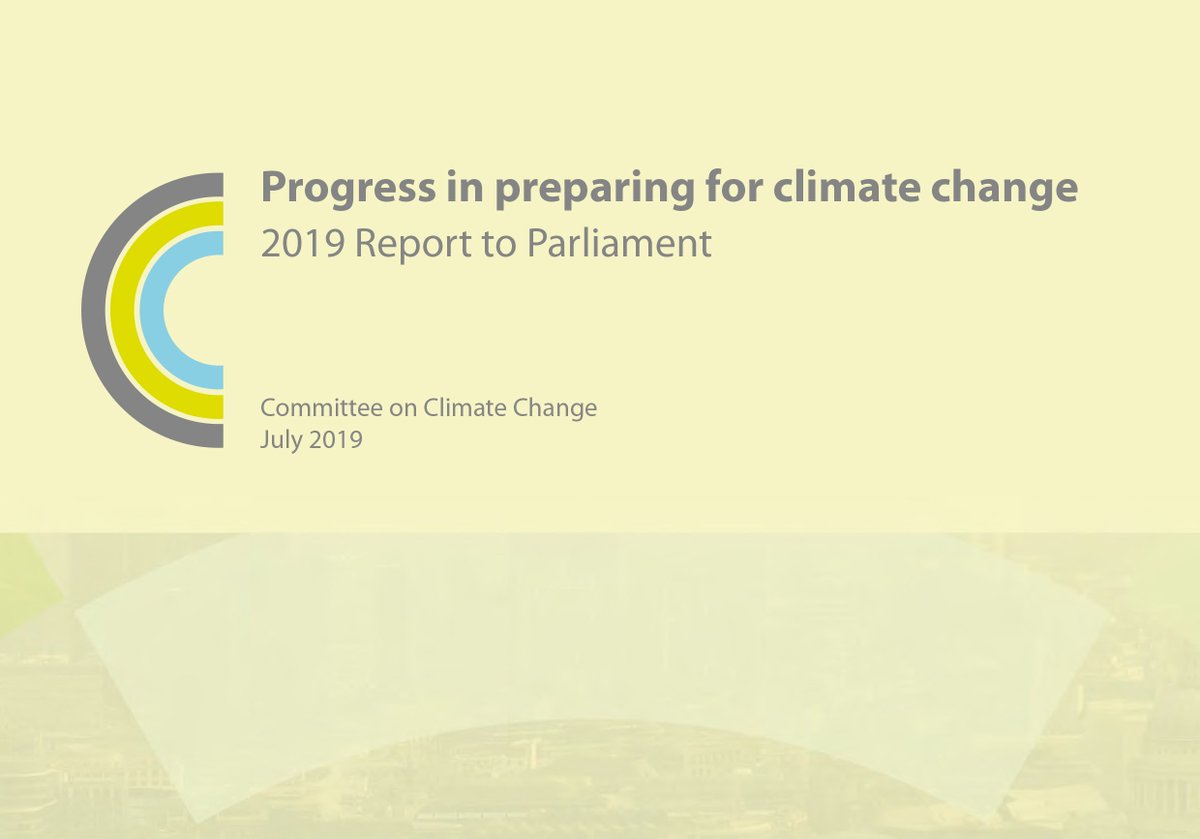

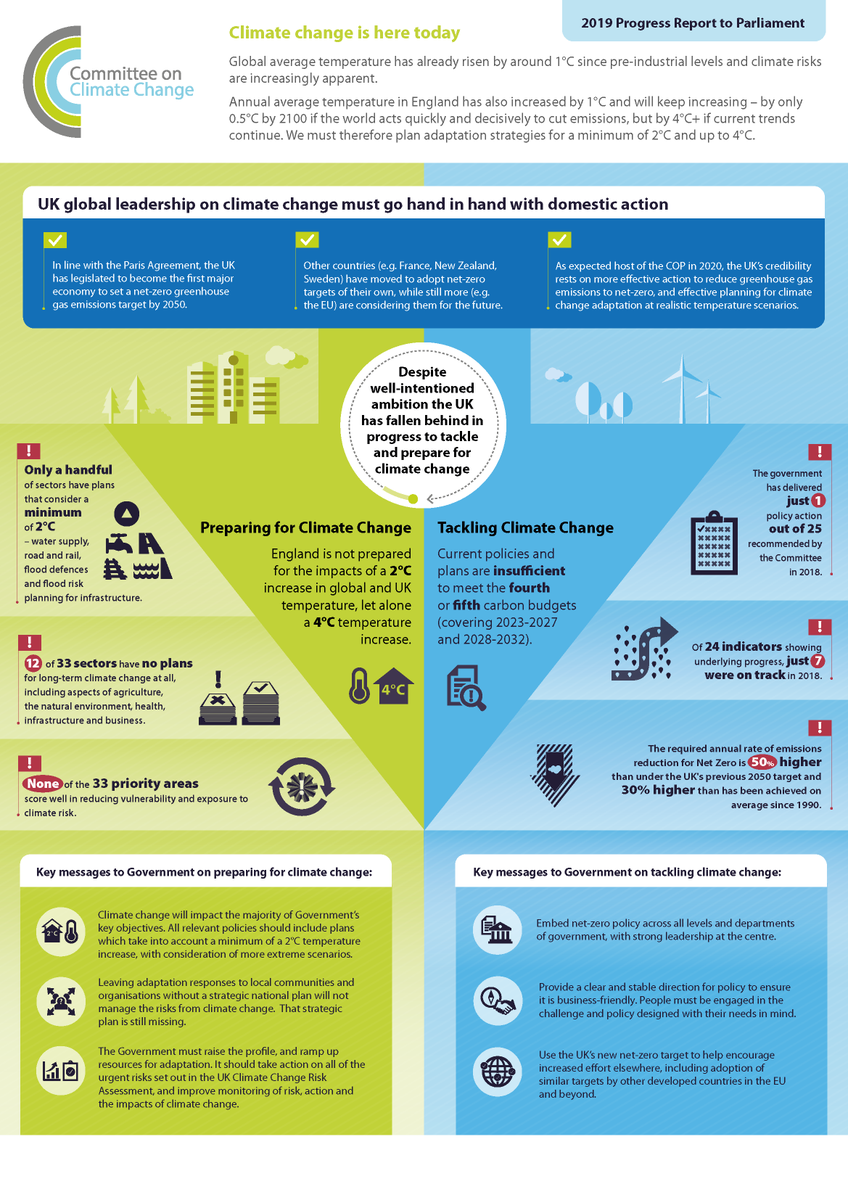 [1/10] Ministers must strengthen policy on adaptation & put resources in place to drive action to prepare for climate impacts in #England. Our report finds that support services/funding have been eroded over past 10yrs & latest National Adaptation Programme is not strong enough.
[1/10] Ministers must strengthen policy on adaptation & put resources in place to drive action to prepare for climate impacts in #England. Our report finds that support services/funding have been eroded over past 10yrs & latest National Adaptation Programme is not strong enough. 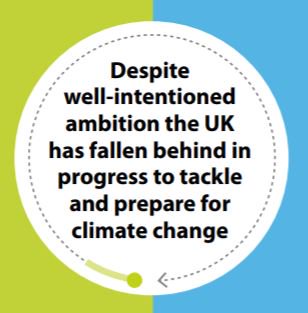



 Power sector emissions can be reduced to almost zero through the deployment of #renewables and firm low-carbon power - such as nuclear and CCS - whilst providing twice the amount of electricity as today. Gas will continue to play a role, but will need to be decarbonised. (2/15)
Power sector emissions can be reduced to almost zero through the deployment of #renewables and firm low-carbon power - such as nuclear and CCS - whilst providing twice the amount of electricity as today. Gas will continue to play a role, but will need to be decarbonised. (2/15) 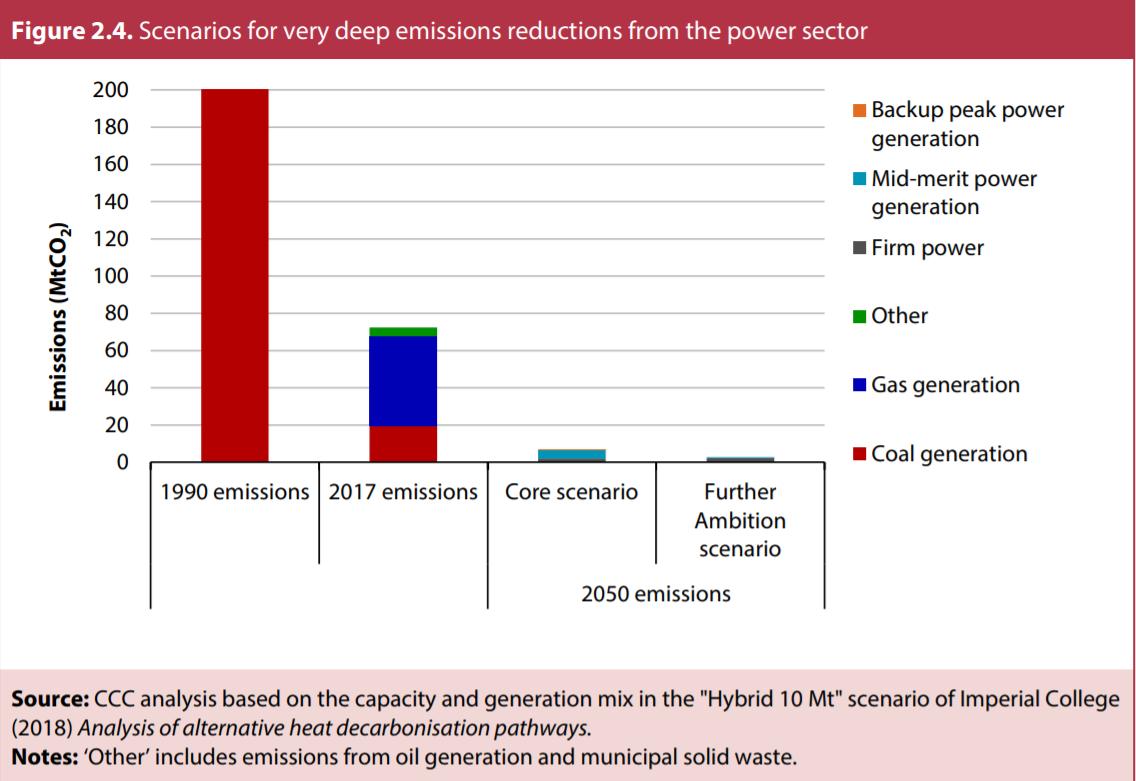

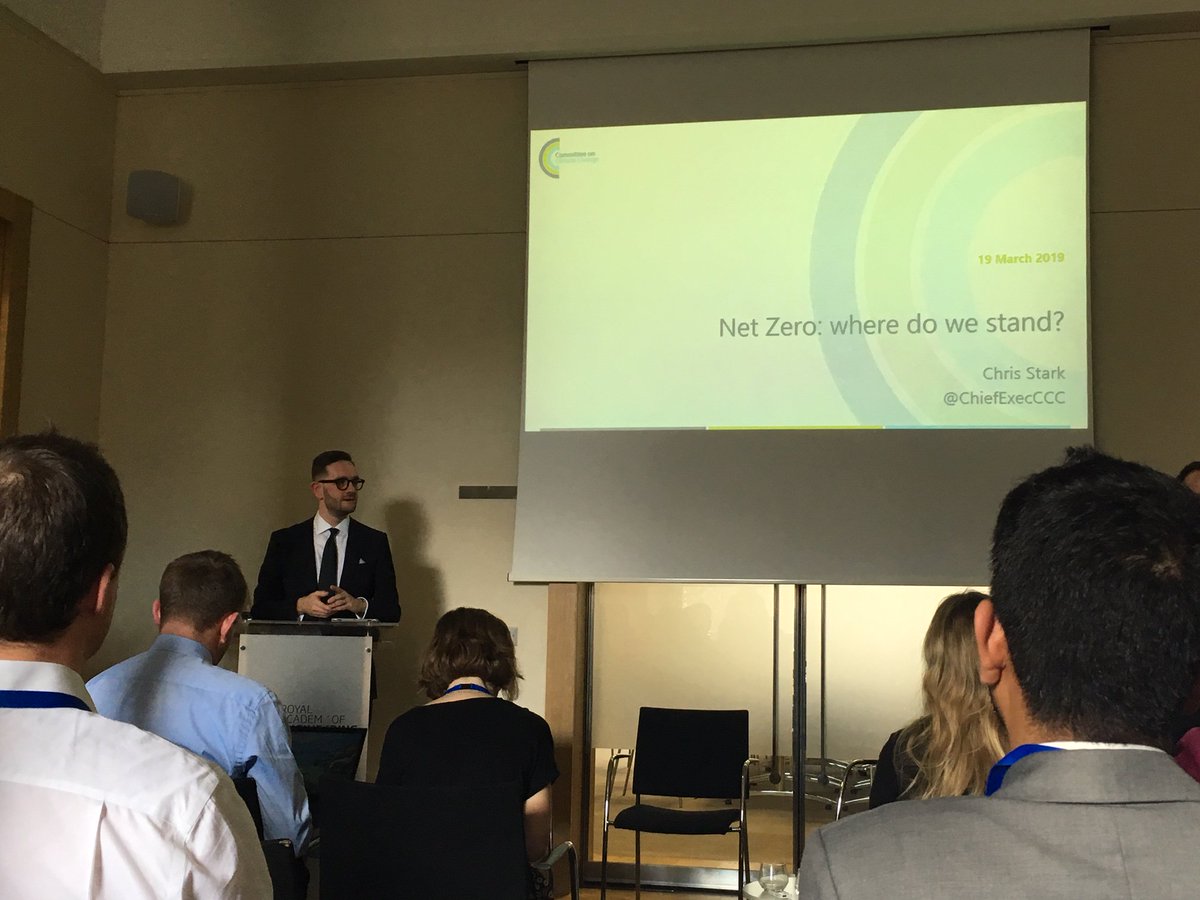
 Chris takes us back to 2008, and the CCC's initial advice to Government which was commensurate with keeping global temps to below 2degsC - an 80% reduction in emissions below 1990 levels - which Parliament agreed. But 'a great deal has changed' since then he adds #UKClimateAction
Chris takes us back to 2008, and the CCC's initial advice to Government which was commensurate with keeping global temps to below 2degsC - an 80% reduction in emissions below 1990 levels - which Parliament agreed. But 'a great deal has changed' since then he adds #UKClimateAction
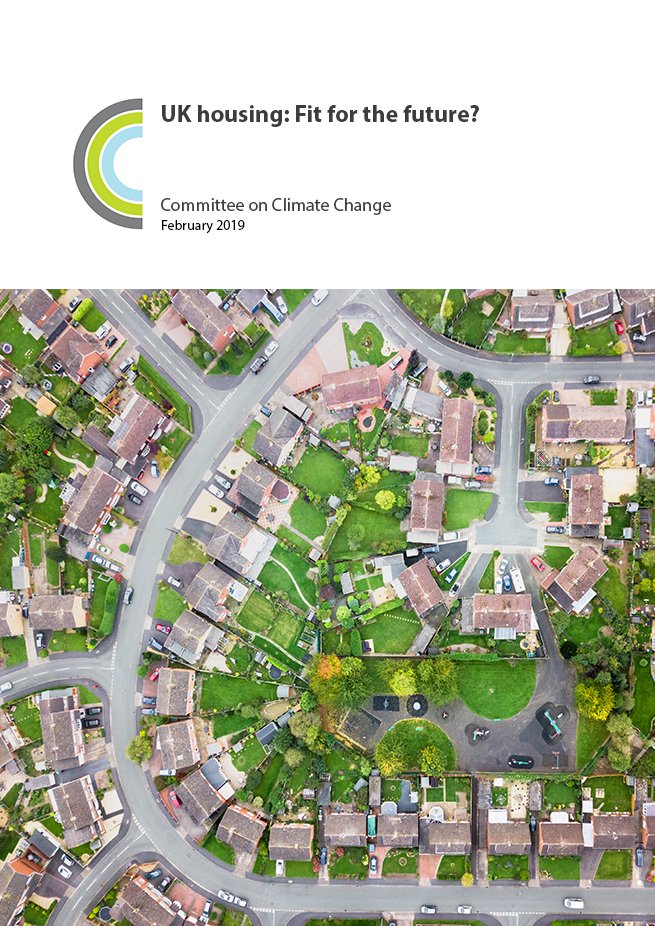
 UK homes are not fit for the future. The Climate Change Act requires near-zero greenhouse gas emissions from homes by 2050 but efforts to reduce emissions have stalled. Most homes use fossil fuel heating; <500k have heat pumps or are connected to low-carbon heat networks. (2/10)
UK homes are not fit for the future. The Climate Change Act requires near-zero greenhouse gas emissions from homes by 2050 but efforts to reduce emissions have stalled. Most homes use fossil fuel heating; <500k have heat pumps or are connected to low-carbon heat networks. (2/10) 
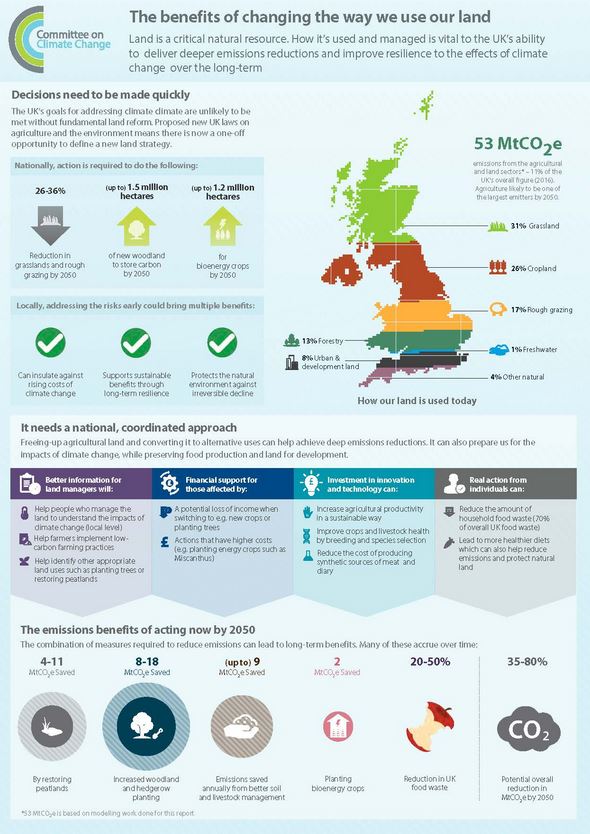

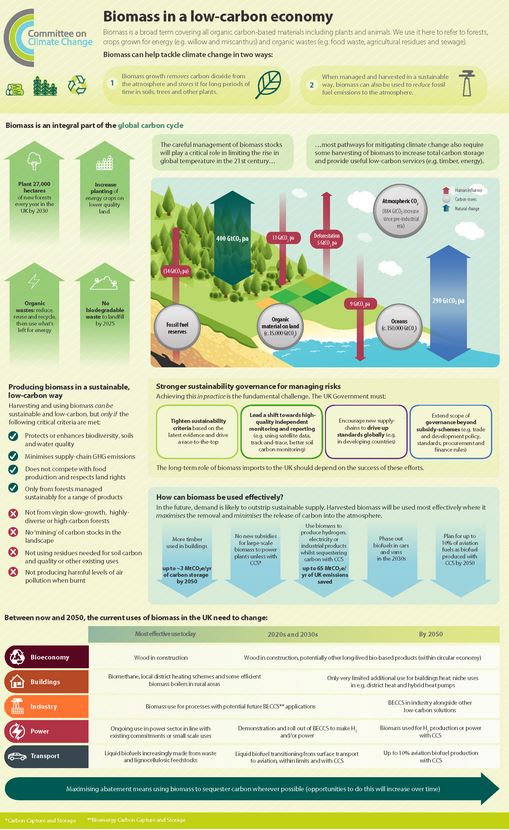 Kicking off with land use: Our report says fundamental reform to how land is used and managed is needed to deliver the UK’s climate goals. There is now a unique opportunity to define a better land strategy that can tackle the challenges of #climatechange. Read the Exec Summary.
Kicking off with land use: Our report says fundamental reform to how land is used and managed is needed to deliver the UK’s climate goals. There is now a unique opportunity to define a better land strategy that can tackle the challenges of #climatechange. Read the Exec Summary. 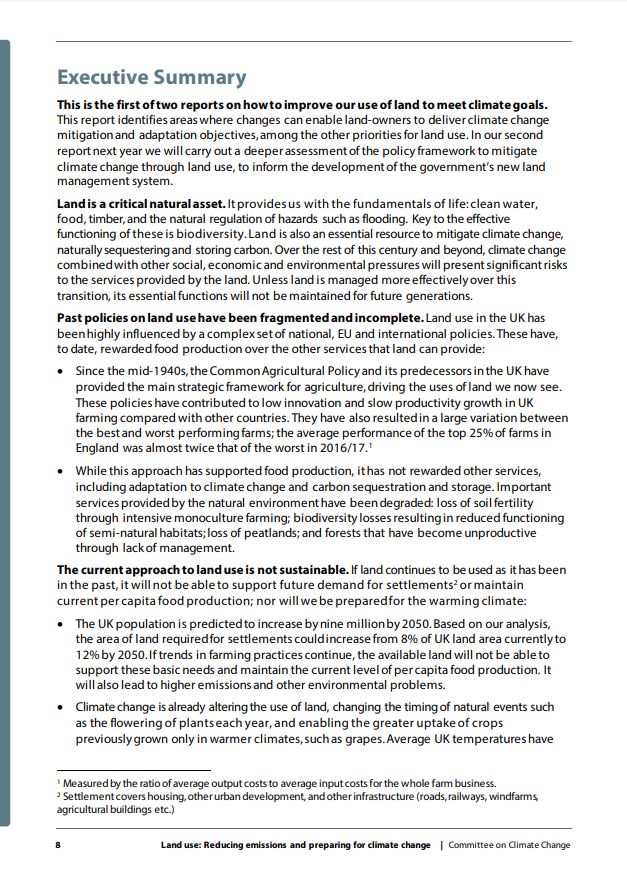
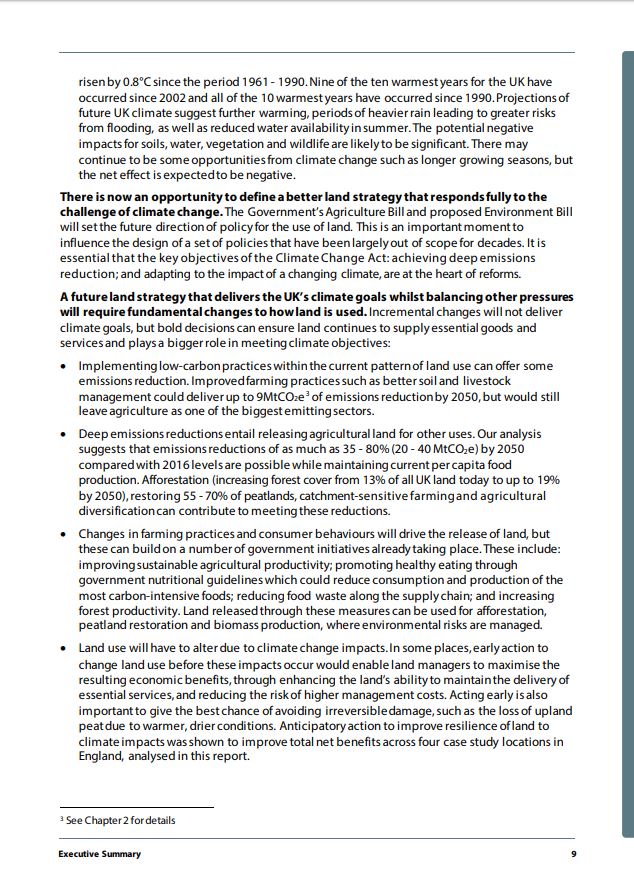
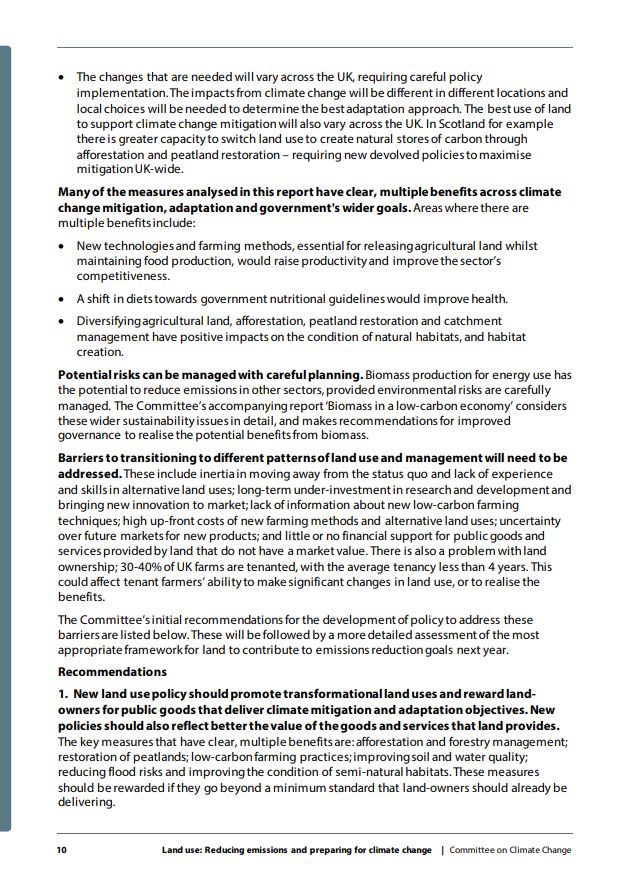
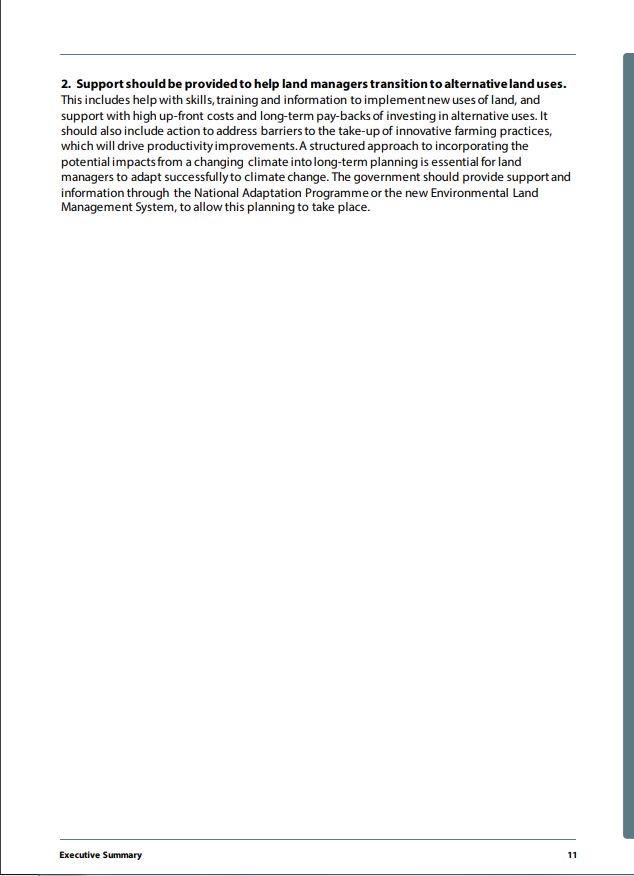
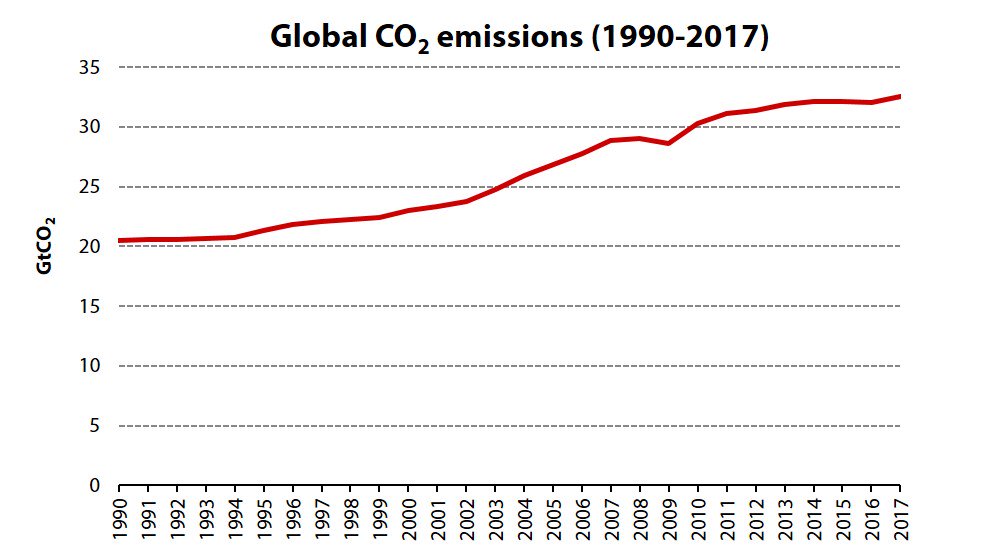

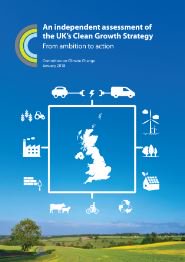 Our June 2017 Progress Report assessed the gaps to meeting the fourth & fifth carbon budgets at 155 & 260 MtCO₂e. Government is required by the Climate Change Act to publish their plans to fill these gaps /2 #UKClimateAction
Our June 2017 Progress Report assessed the gaps to meeting the fourth & fifth carbon budgets at 155 & 260 MtCO₂e. Government is required by the Climate Change Act to publish their plans to fill these gaps /2 #UKClimateAction